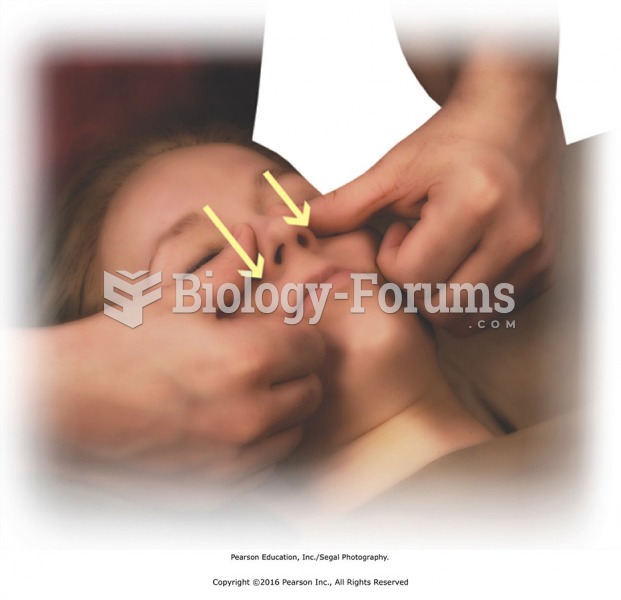|
|
|
The average adult has about 21 square feet of skin.
Hippocrates noted that blood separates into four differently colored liquids when removed from the body and examined: a pure red liquid mixed with white liquid material with a yellow-colored froth at the top and a black substance that settles underneath; he named these the four humors (for blood, phlegm, yellow bile, and black bile).
The use of salicylates dates back 2,500 years to Hippocrates’s recommendation of willow bark (from which a salicylate is derived) as an aid to the pains of childbirth. However, overdosage of salicylates can harm body fluids, electrolytes, the CNS, the GI tract, the ears, the lungs, the blood, the liver, and the kidneys and cause coma or death.
Illicit drug use costs the United States approximately $181 billion every year.
Addicts to opiates often avoid treatment because they are afraid of withdrawal. Though unpleasant, with proper management, withdrawal is rarely fatal and passes relatively quickly.
 Nose, nasal cavity, and pharynx: (A) nasal cartilages and external structure; (B) meatus and positio
Nose, nasal cavity, and pharynx: (A) nasal cartilages and external structure; (B) meatus and positio
 The Masses, a leading Socialist magazine, featured drawings by artists, including John Sloan, as wel
The Masses, a leading Socialist magazine, featured drawings by artists, including John Sloan, as wel





